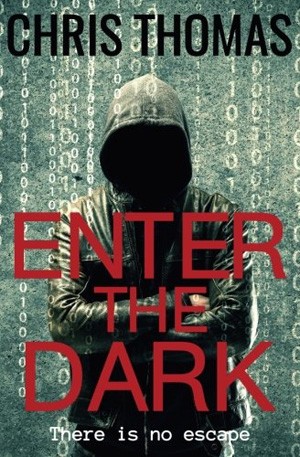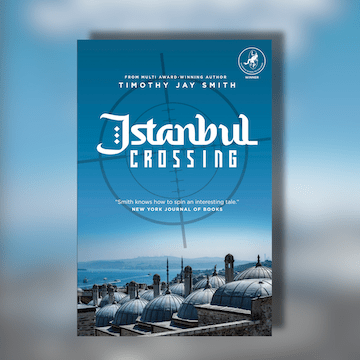When Joe Henderson is introduced to the deep web by his friend, Billy, he has no idea of the mess it will get him in. Joe quickly becomes entranced and his eye is caught by one website in particular. The Red Room is where the Brotherhood of the Righteous mete out their own vigilante justice to criminals when they judge the system has been weak. It’s pay-per-view and the audience bid to ask questions and then, ultimately, they get to specify how the criminal is executed.
To get access to the deep web Joe connects using a special browser that should disguise his identity. The deep web might be mostly tedious company intranets and scientific databanks but there is a specialised corner known as the dark web. It is an area of the internet where lawlessness can thrive. Joe has to pay using the online currency Bitcoin to get access and then watches in morbid fascination as the Red Room show starts. We watch Joe as he falls into deeper trouble and he finds himself beholden to the Brotherhood. They quickly, and perhaps a little improbably, pull him in, raising the stakes and ramping up the conflict.
We also get several other perspectives in the story. We follow the Brotherhood of the Righteous as they plan, execute, and cloak their activities. We meet Pete Harris, a policeman working for the Metropolitan Police Cyber Crime Unit. He is a single parent and he has a nose for sniffing out cyber criminals and he is soon tracking down the Brotherhood. We also catch the perspective of Daisy, a young woman trafficked into the sex industry by the malignant abuser Saeed Anwar.
The Brotherhood of the Righteous is well named. They regard their activities as completely justified because they torture and murder people who have been guilty of some abhorrent crimes, including child assault and murder. They are led by Alistair Goodfellow, a tech millionaire, and well-named to highlight the moral ambiguity in this book. The money the Brotherhood raises from the shows is considerable. Chancers just trying to get rich? Not a bit of it. The moral lines are smudged further as Goodfellow gives his share of the profits, hundreds of thousands of pounds, to a local children’s hospice.
This book has a very British quality with an underlying normality to the exchanges between all the individuals. Occasionally there is just the occasional lurch into exposition but Thomas has a good ear and the dialogue feels genuine. This then sits in stark, and highly effective, juxtaposition to the scenes of torture with everyday matey banter deepening the sense of the macabre.
There are a lot of characters in this book. Joe, while central at the start, does not hold his ground as lead protagonist throughout. That means there isn’t one person or one group for us to root for, to care about and pull us through the story. It is not Harris and the police, or Daisy, or Alastair and the Brotherhood of the Righteous. Just about the only character who isn’t shaded in grey is Saeed Anwar and, ironically, he ends up rather one-dimensional. This complexity is admirable but it does leave us slightly adrift amongst the characters and I was left wondering who I cared about.
In many ways that doesn’t matter, you’ll find your own favourite amongst the cast. It might also be that Thomas is setting these characters up for future books in the series. Either way, this one rattles along at a good pace. The dark web is proving fertile ground for crime fiction and this a worthy addition to that sub-genre.
If you are looking for other stories of cyber crime then take a look at Rosie Claverton’s Amy Lane series, Chris Brookmyre’s Want You Gone or Freefall by Brian Lutterman.
Bloodhound Books
Print/Kindle
£8.62
CFL Rating: 4 Stars










